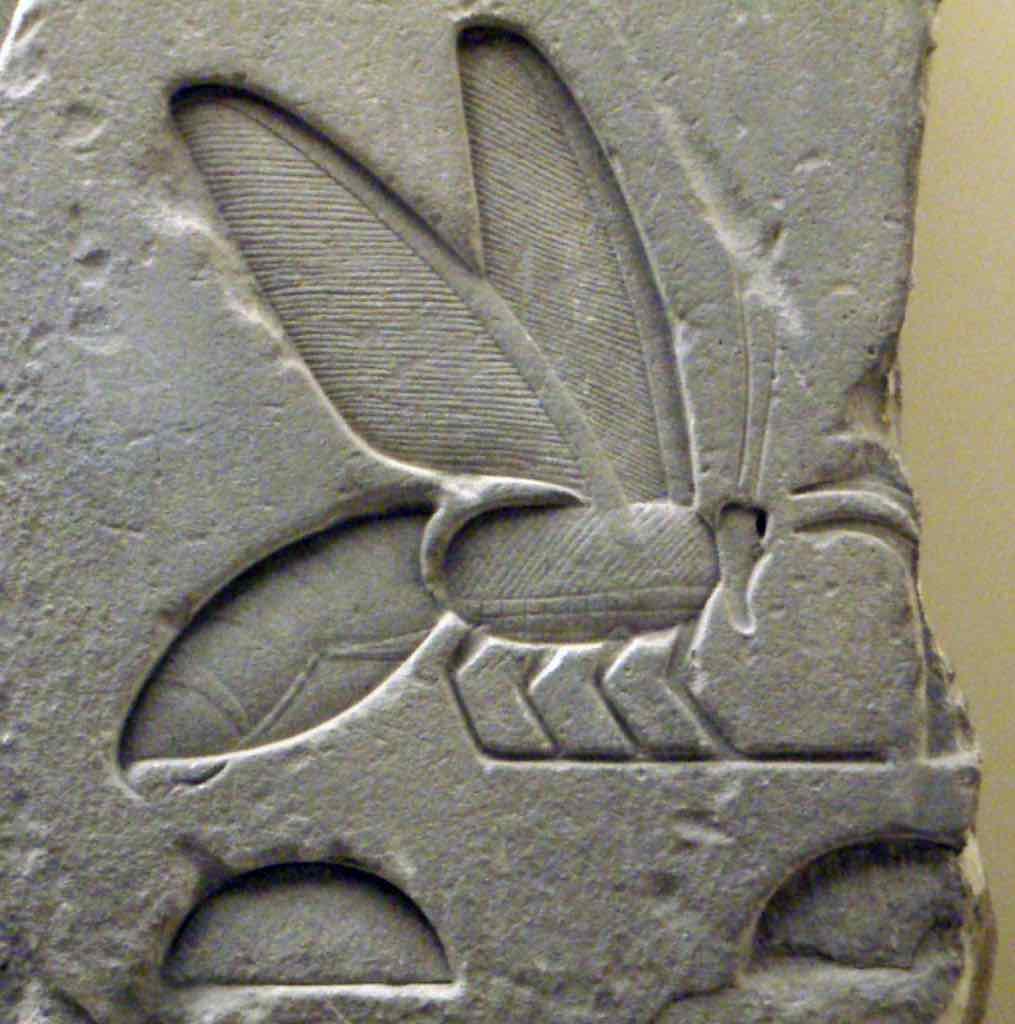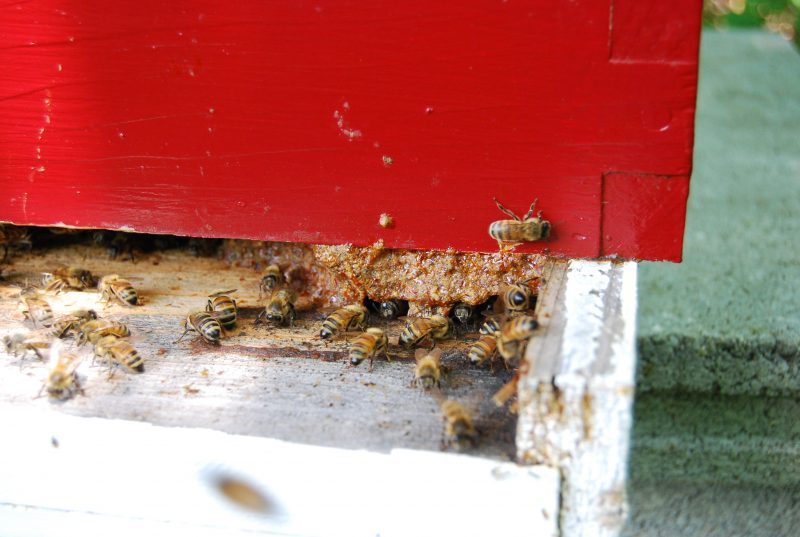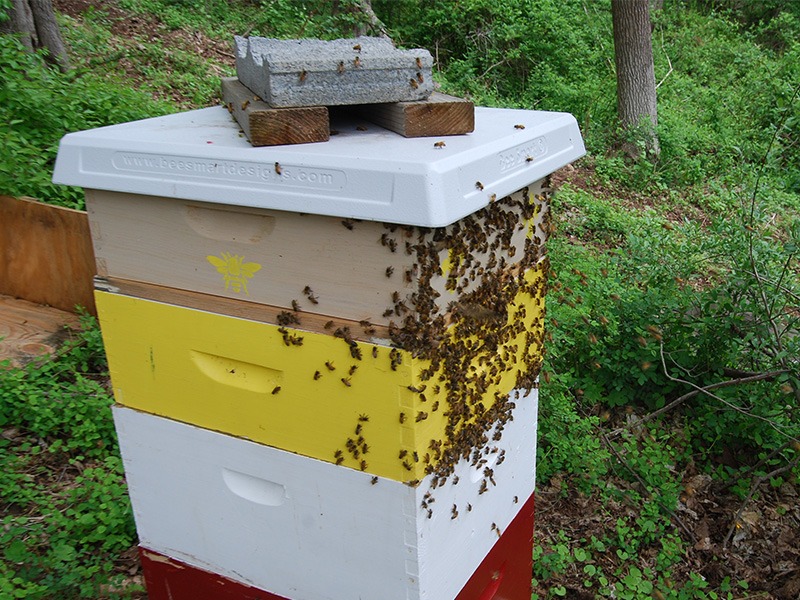Honey bees
Beekeeping is one of mankind's oldest forms of agriculture
There are records of advanced beekeeping in Egypt, such as smoking bees, filling jars with honey, and sealing jars, from as early as 2600 B.C.
Honey bees are not native to the United States or Canada
They were brought by European colonists. The honey bee was spread “...into New England probably about 1638, into New York about 1780, in Kentucky about 1793, and west of the Mississippi in 1797” (The Sacred Bee).


Honey bees are one of the most successful species of social bees
The hive is generally able to survive the winter because of their ability to produce and store large amounts of honey that can be used as their primary food source in times of need.
Honey bees are generally docile
However, many times honey bees do feel the need to protect the hive. This is an instinct not present in solitary native bees that normally only sting if trapped or squished.
Honey bees require a large amount of care and attention
Diseases and pests have spread through their commercialization, along with environmental stresses such as habitat loss and pesticide use.
It is a primary responsibility of modern beekeepers to keep their bees healthy
Up to 50,000 honey bees can live in one hive, allowing diseases to spread quickly between bees and into the surrounding environment.


In North America honey bees compete with native bees
Honeybees, while beneficial, compete for floral resources and can spread pests and diseases to native pollinators.
Having native bees present has been shown to make honey bees work faster
This is another reason to foster environments for native pollinators and providing habitat and homes in your garden.
Keeping native bees is both a great addition and alternative to honey bees
Unlike honeybees which are generally purchased, native pollinators can be attracted by providing bee houses, planting pollinator gardens, and leaving areas untamed when available.
Are you interested in keeping honey bees or native bees and have questions?
Please visit our contact form to connect. If you are in the Asheville, NC area, please look at our list of local service offerings.